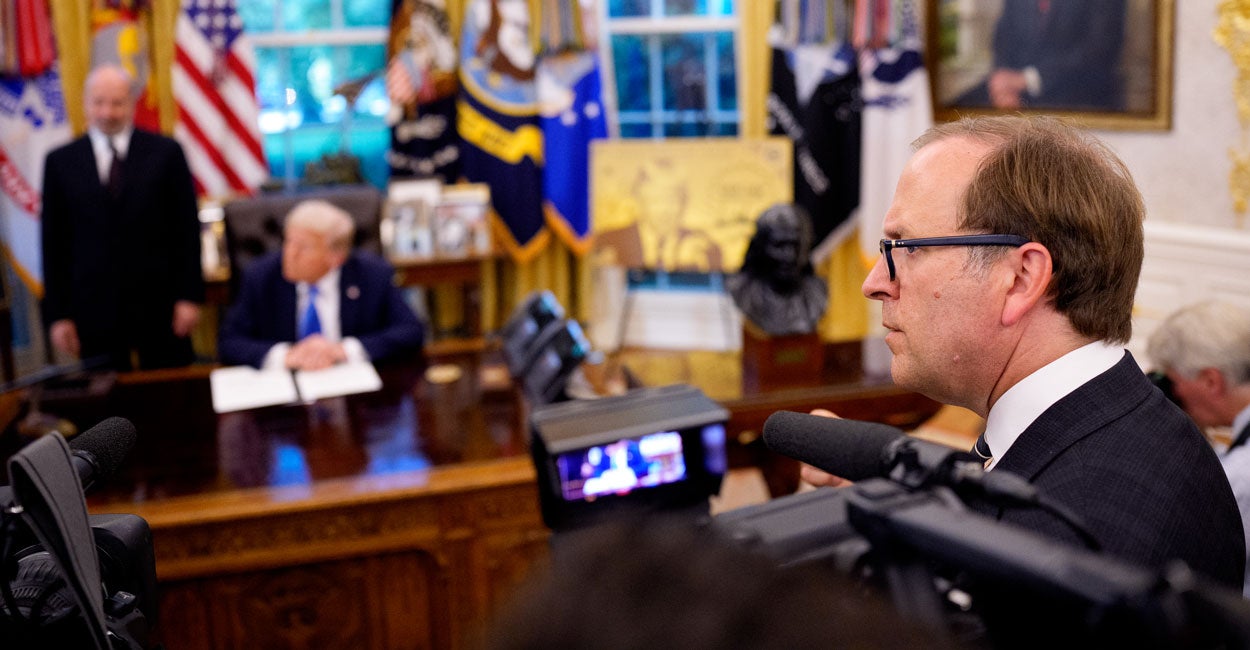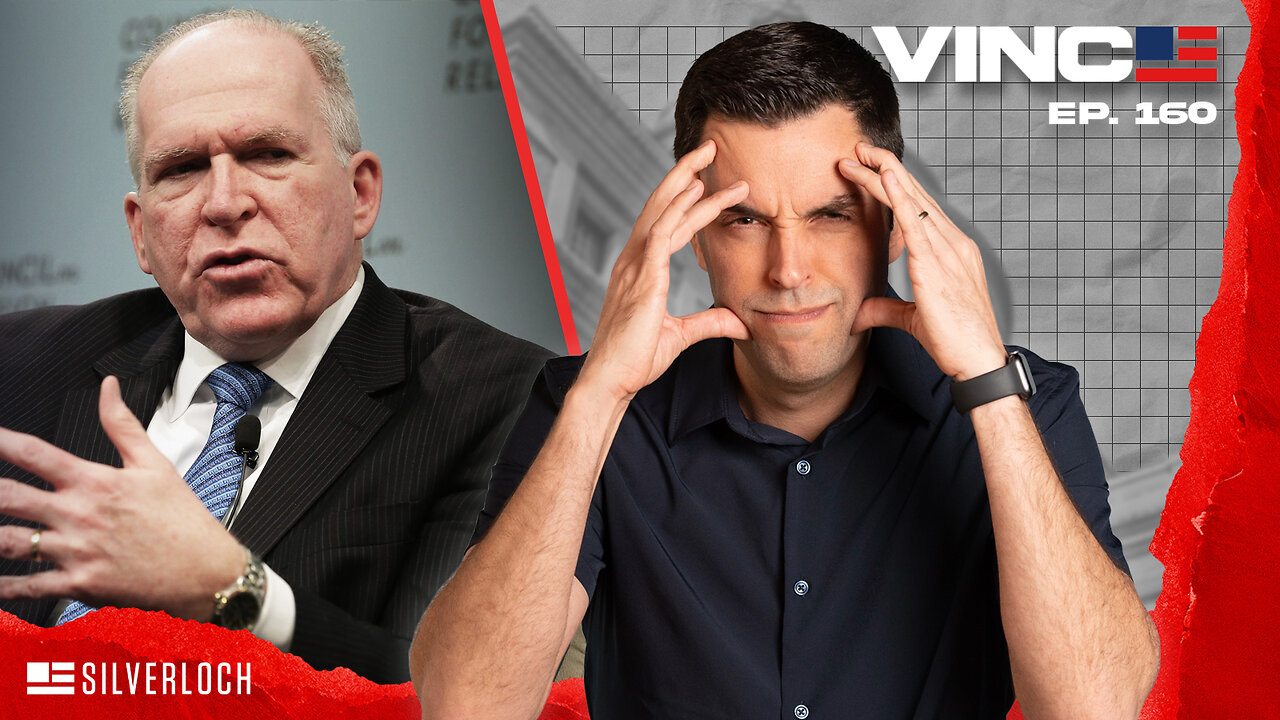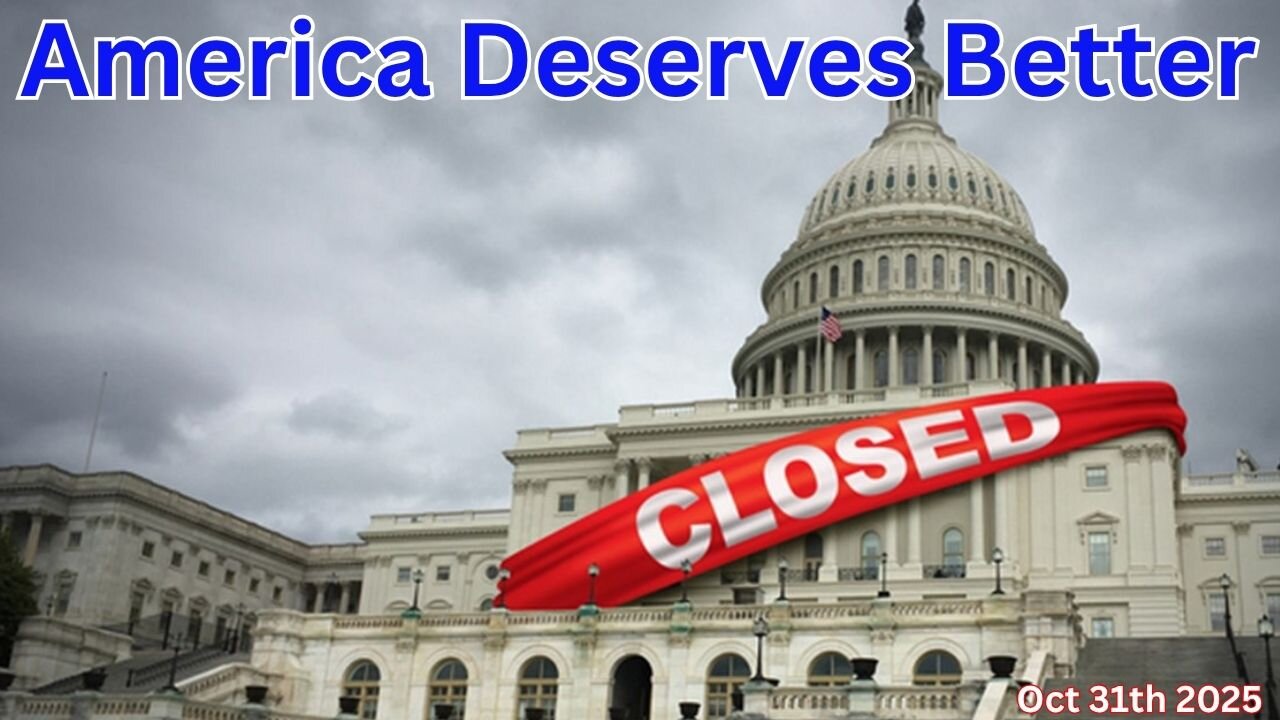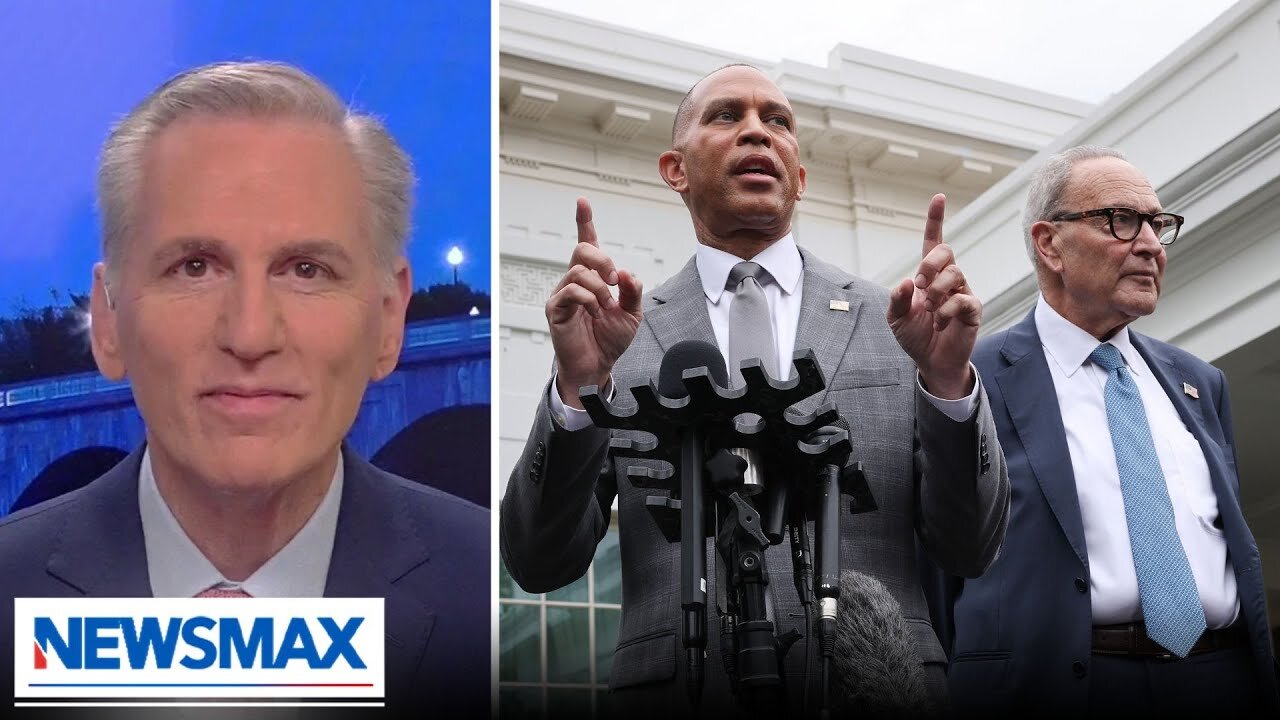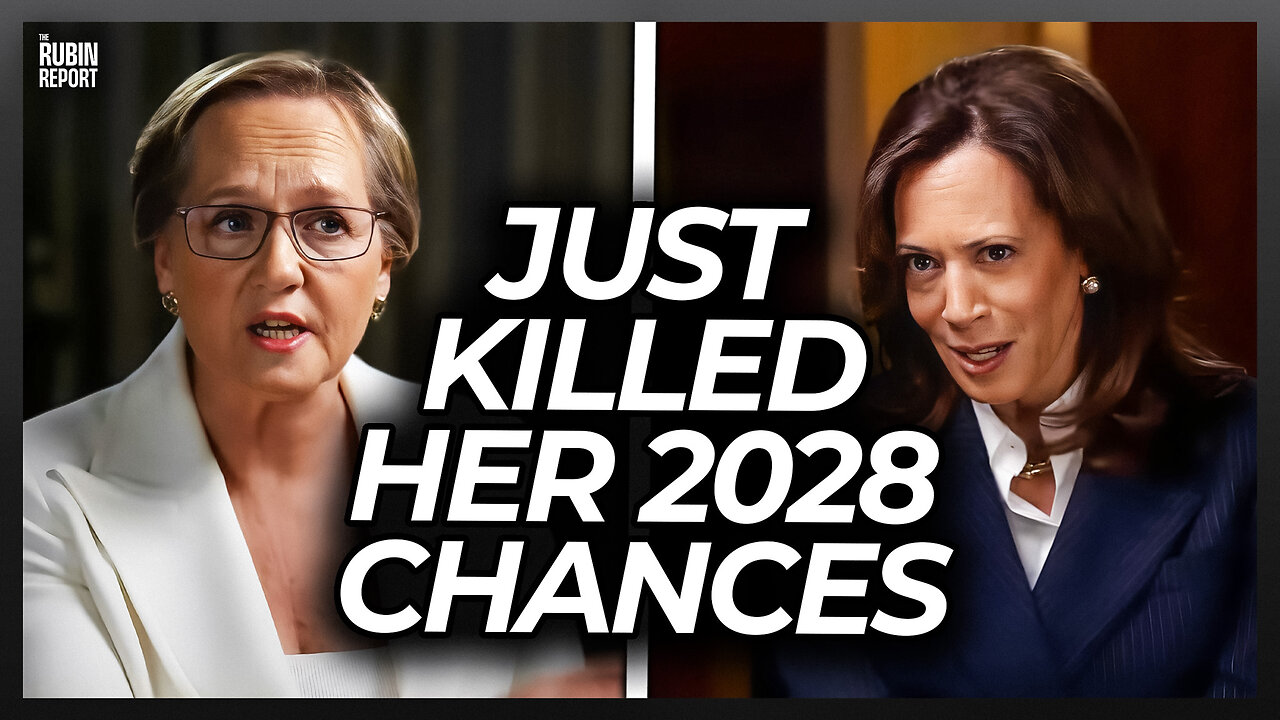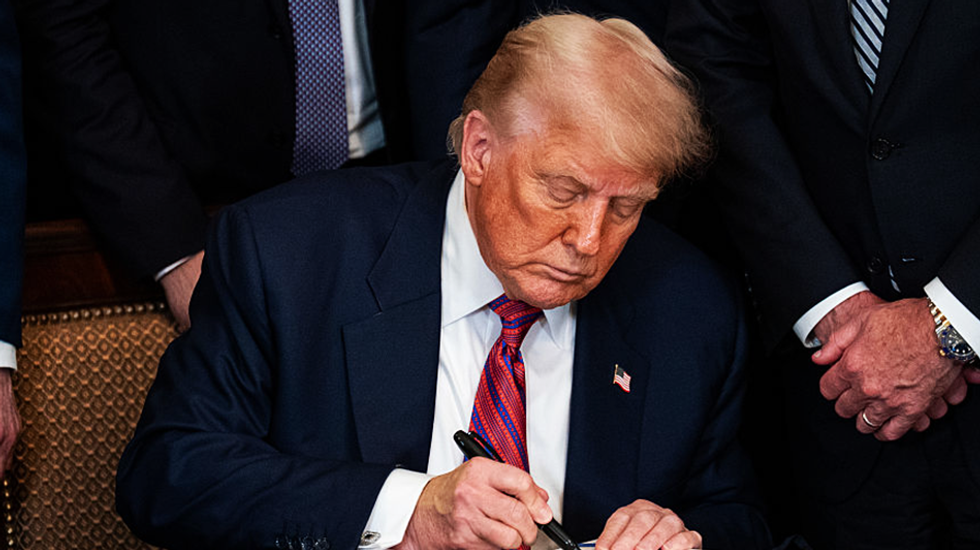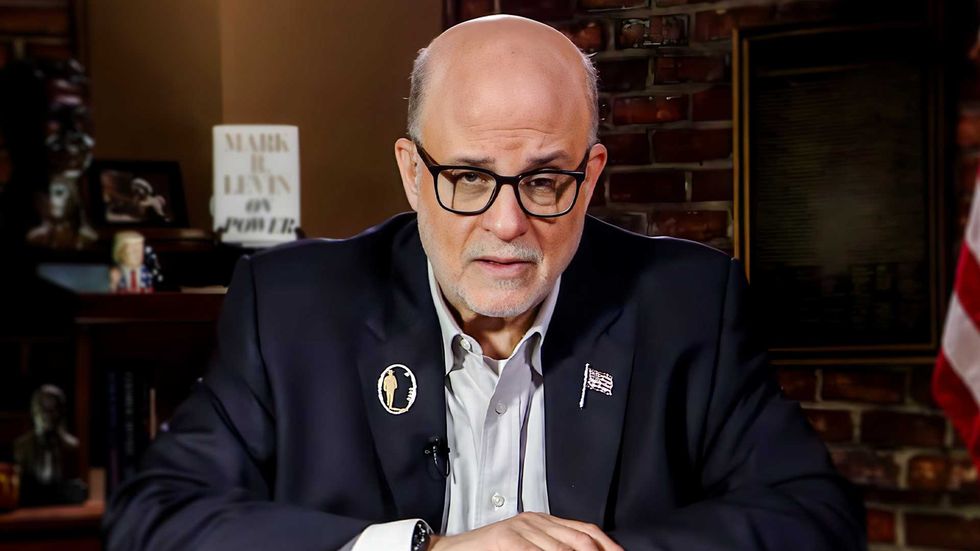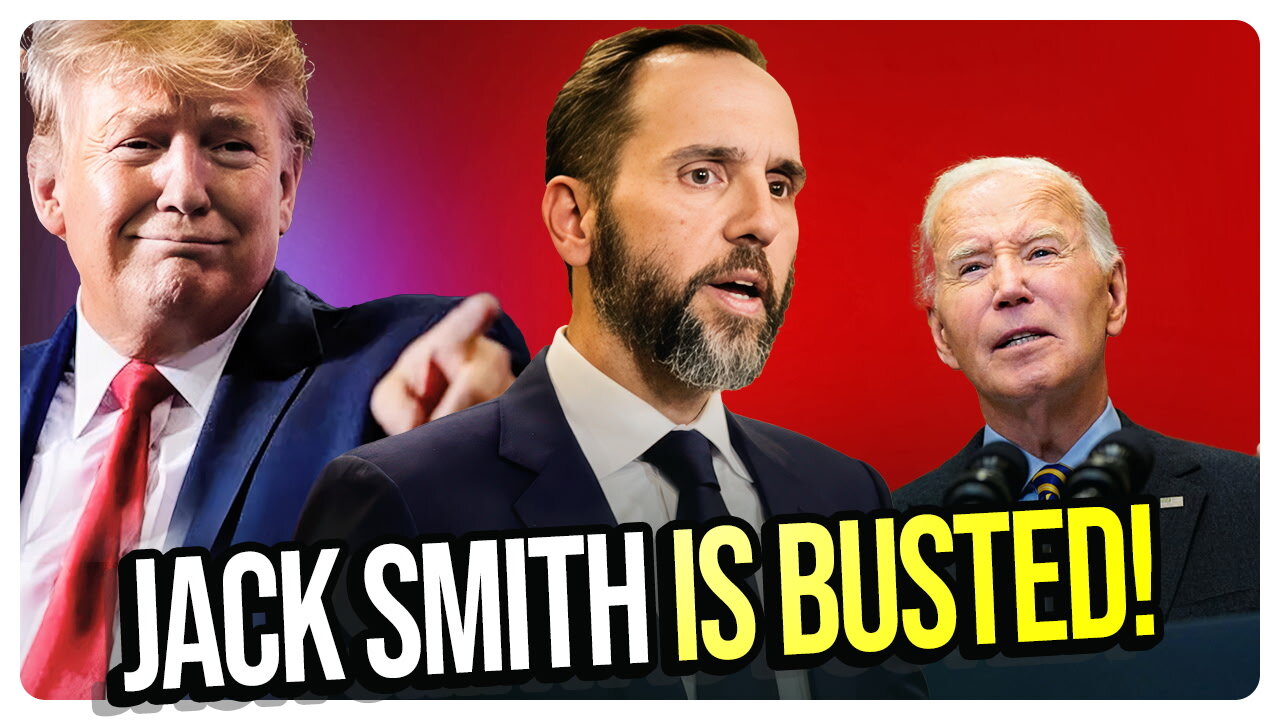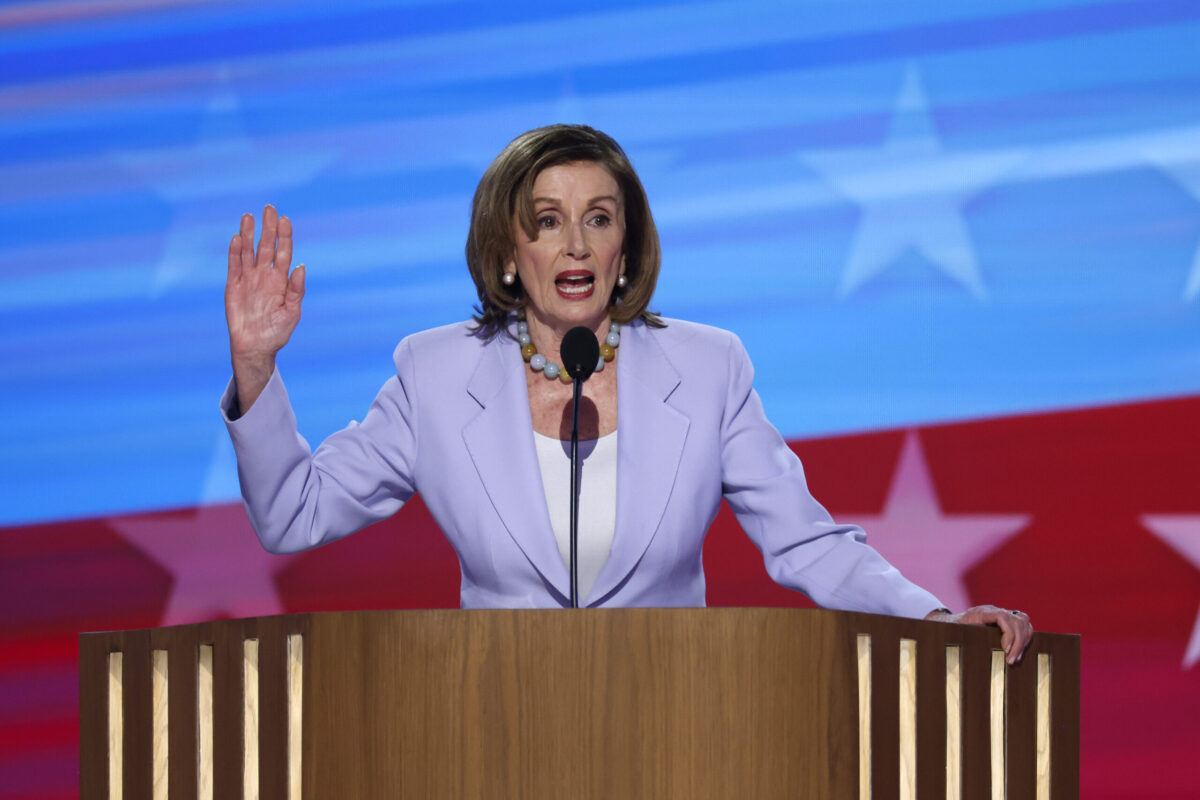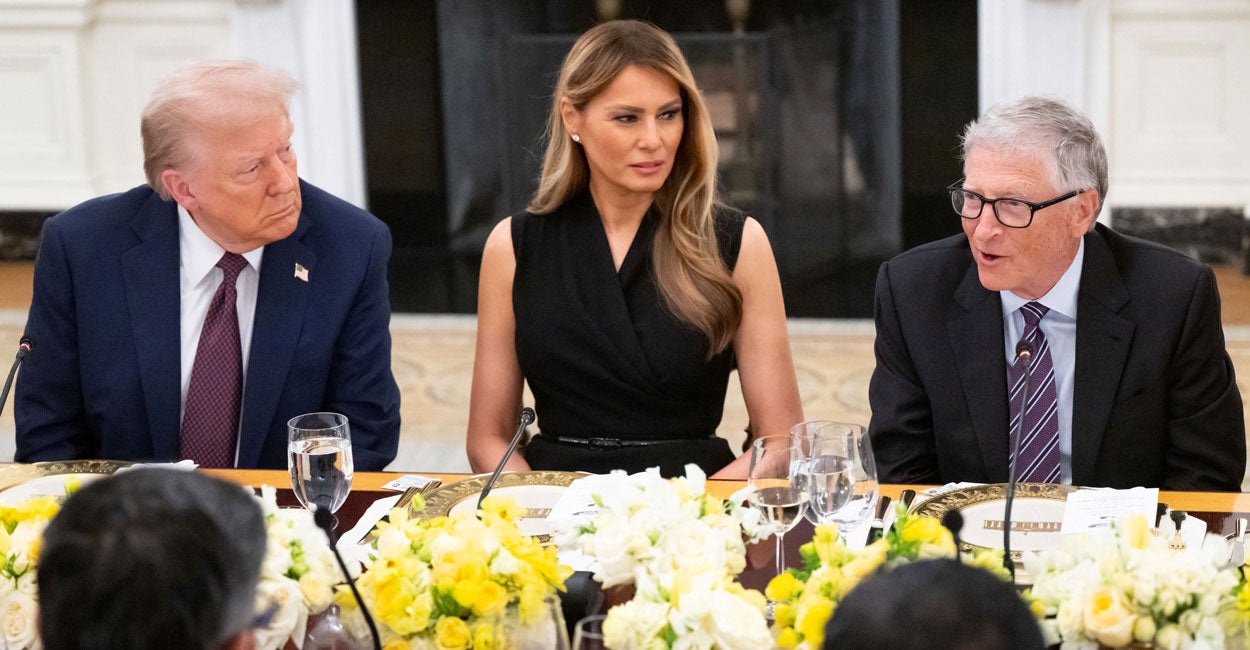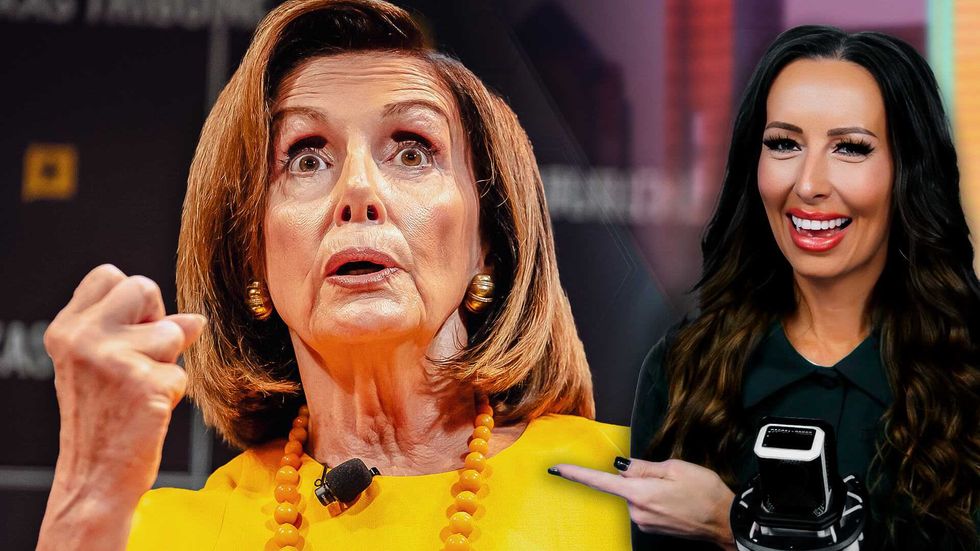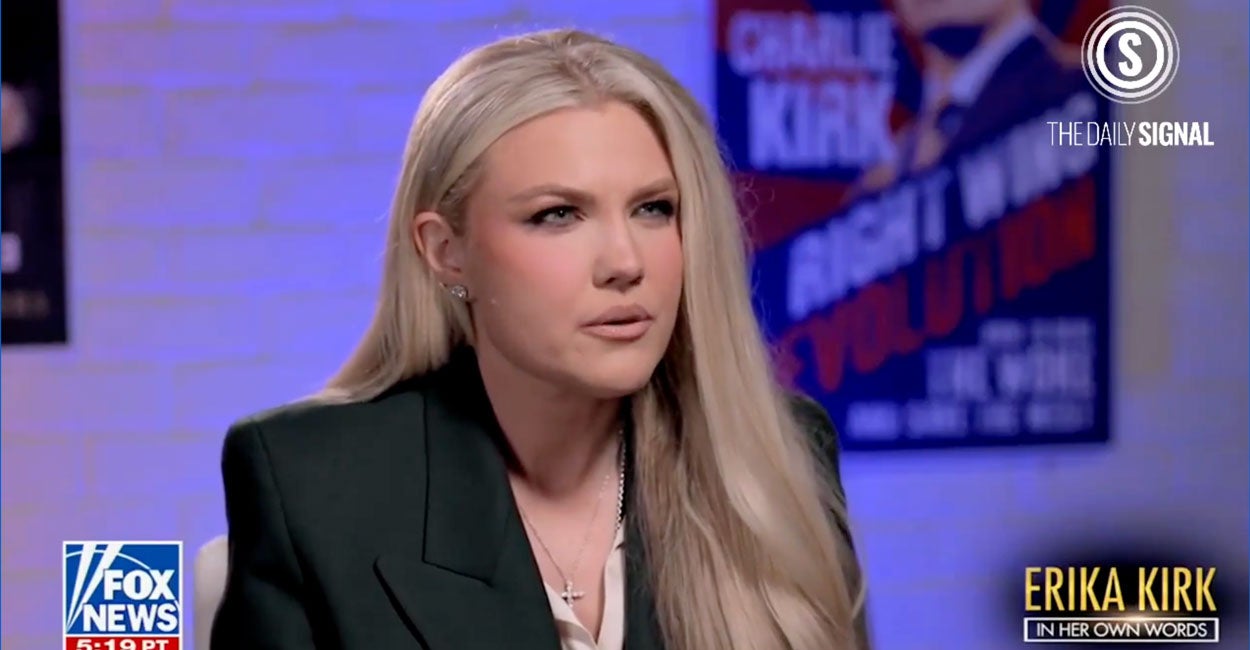The International Attraction of US Stocks

President Donald Trump’s America First Investment Policy touts that welcoming foreign investment and strengthening the United States’ “world-leading private and public capital markets will be a key part of America’s Golden Age.”
Of the $124 trillion market capitalization of the global stock market, U.S. stocks account for 49%, and international investors own 17% of those U.S. stocks. By comparison, Chinese stocks comprise 13% of the global stock market, and international equity ownership of Chinese stocks is just 3.4%.
Why does the U.S. stock market dominate internationally? Why are international investors attracted to the U.S. stock market? What can U.S. policymakers do to increase the attractiveness of U.S. stocks?
Americans and foreigners invest in stocks to earn a return commensurate with their risks. What assurance do investors have of receiving a fair return on their investment, or, indeed, any return? Corporate governance is the set of processes that assures all investors a fair return on their investment.
The rule of law—as embodied in the respect for private property rights and fair courts that enforce legal contracts—is a necessary precondition to the formation of corporations. For the past two centuries, the U.S. has enjoyed a stable rule of law.
This rule of law and the American focus on investing in human capital, especially in science and technology, provided the building blocks for the formation and growth of corporations. Equally important, this rule of law is critical to international investors, since it gives them the assurance that if they invest in U.S. capital markets, their investments will not be expropriated by the U.S. government or nongovernment entities.
Once a company has received investor/shareholder funds, what prevents managers from using these funds for their own pet projects or from extracting excessive compensation from the company? A multitude of corporate governance mechanisms do just that.
First, U.S. courts have consistently ruled that the purpose of the corporation is to maximize long-term shareholder value while abiding by the law. Corporate charters and board members of U.S. companies often highlight the importance of focusing on long-term shareholder value. Recently, some U.S. managers have publicly noted that their companies should prioritize environmental and social issues rather than just shareholder value. However, investors and courts pushed back strongly on this deviation. Currently, U.S. companies, in contrast to many companies in other parts of the world, have resumed their focus on creating long-term shareholder value.
Second, corporate board members, who are the manager’s bosses, can and do monitor the manager’s actions and company performance—out of a sense of fiduciary duty to the shareholders and a concern for their own compensation and reputation.
Third, an active market for corporate control, via takeovers and proxy fights, also provides effective discipline on management. Companies face takeovers and proxy fights when their financial performance has been poor. Subsequent to a takeover or proxy fight, the target company manager’s employment prospects are severely damaged.
Fourth, the incentive compensation structure for U.S. managers has perhaps been the most effective mechanism to encourage U.S. managers to have a laserlike focus in maximizing shareholder value. More than 60% of the average CEO pay in large U.S. corporations is directly linked to shareholder value, hence, that link provides strong incentives to enhance it.
The above market mechanisms have been effective in constraining managers to focus on maximizing long-term shareholder value. However, reforms to these mechanisms could further increase their effectiveness and make U.S. stocks even more attractive to investors—domestic and foreign.
For example, consider the case of CEO incentive compensation. Research has documented the important role of misaligned CEO incentive compensation in the 2008 financial crisis. Surprisingly, similar misaligned incentive compensation played a critical role in the recent demise of Silicon Valley Bank, Signature Bank, and First Republic Bank. Research indicates that these banking crises would have been mitigated if bank CEO compensation consisted only of restricted stock and restricted stock options. Restricted means that CEOs cannot sell shares or exercise options for at least six to 12 months after their last day in office.
Next, consider the case of the proxy advisory market, dominated by two companies, that advises mutual fund managers on how to vote their shares in shareholder meetings on issues related to board governance (e.g., election of board members), management compensation (e.g., structure and amount of cash and incentive compensation), corporate control (e.g., proxy fights, takeovers), and environmental, social, and governance—or ESG—issues. However, there is no consistent evidence that the advice provided is positively related to long-term shareholder value.
The U.S. is the dominant player in the global stock market. U.S. stocks are the preferred investment for most international stock investors. The U.S. rule of law and corporate governance structure has played an important role in establishing and maintaining the dominance of U.S. stock market. With thoughtful corporate governance reforms, the U.S. can further enhance the attractiveness of U.S. stocks to domestic and foreign investors.
We publish a variety of perspectives. Nothing written here is to be construed as representing the views of The Daily Signal.
The post The International Attraction of US Stocks appeared first on The Daily Signal.
Originally Published at Daily Wire, Daily Signal, or The Blaze
What's Your Reaction?
 Like
0
Like
0
 Dislike
0
Dislike
0
 Love
0
Love
0
 Funny
0
Funny
0
 Angry
0
Angry
0
 Sad
0
Sad
0
 Wow
0
Wow
0
